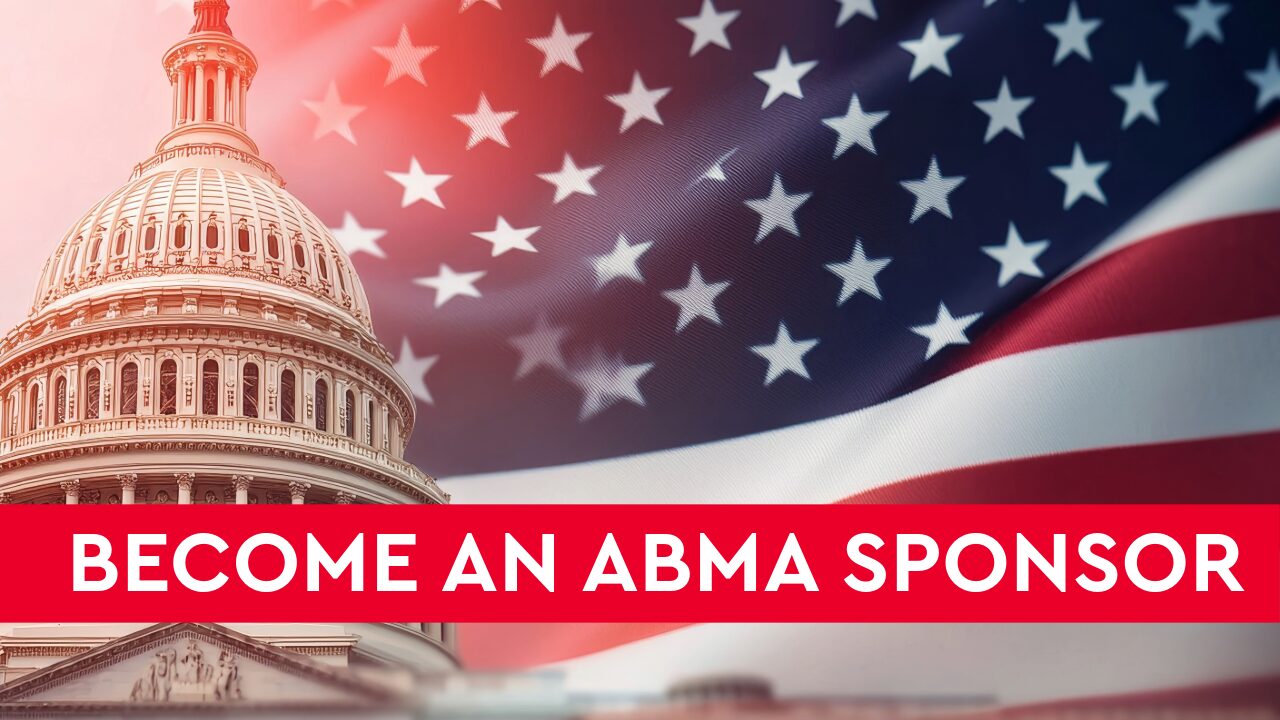
Director of Government Affairs
While we are at Advocacy Day speaking with our legislators there are three important boxes to check – communicate our policy goals, explain who we are, and make a connection.
Meeting with legislators and telling them what bills we support is important, but what makes your voice powerful is sharing your real-world experiences and stories as they relate to the issues. Our conversation should focus on why these issues are important for our members. Explaining who we are and what we do as an industry is also equally important. Many legislators have never heard of the lumber and building materials (LBM) industry, and those that have may not understand what it really is.
A member recently said that the LBM industry is “the largest industry that no one has ever heard of.” It is important that legislators understand who we are so that they can understand why our issues are important. Talking about what your business is and what you do is an essential part of Advocacy Day. It goes hand in hand with the policy and displays how the real-world examples you provide matter.
I encourage you to be yourself in these meetings and to share your experience in the best way you know how. Don’t worry about diving into the complicated language and details of the bill, that’s your congress person’s job. Your job is to tell them your story and the story of LBM to help them better understand what needs to be done.
CDL Licensing
For example, the SHIP IT Act, which includes improvements and incentives relating to obtaining a CDL license and pursuing a career with it, is crucial. Members from all over talk about the shortage and how hard it is to find the folks we need. They discuss how the training requirements are expensive and go well beyond what our drivers need.
Rather than concentrating your discussion around the ins and outs of the legislation itself, share the story of a small business struggling with the daunting process and expenses of obtaining a CDL license, either for yourself or your employees. By explaining the hurdles faced and the implications for your business operations, you can emphasize the urgent need for initiatives like the SHIP IT Act.
Credit Card Fees
Credit card swipe fees are high, and many of them cannot be negotiated. Our members see fees all over their bills with little explanation or information about what they are for or why they are the price they are. However, instead of solely discussing the economic implications of swipe fees, talk about your own frustrations with the lack of transparency and control over these charges in your monthly statements. Don’t be afraid to use real numbers. By highlighting the financial strain and obstacles encountered, you can underscore the critical importance of reforms like the Credit Card Competition Act in leveling the playing field for small businesses like yours.
Business-friendly Taxes
Extending and renewing tax credits for R&D and immediate expensing will create a business-friendly tax climate. This is important for our members because it allows them to invest in their business and their employees. It allows them to buy new equipment, which supports jobs and grows the business. But rather than solely focusing on the potential cost benefits of tax credits and expensing provisions, consider sharing how you’ve utilized these incentives to invest in workforce development and equipment upgrades, driving innovation and job creation within your company. By showcasing tangible examples of how such legislation directly impacts your business operations and employee livelihoods, you can underscore its significance.
WIOA Reauthorization
The Workforce Innovation and Opportunity Act (WIOA) Reauthorization (H.R. 6655) will allocate funding to upskill the American workforce, prioritize employer-led initiatives, and ensure displaced workers access skill development programs. Finding qualified employees and retaining them has been an issue for our members. Share what you are witnessing with these struggles with workforce shortages and skills gaps, either within your own company or across the LBM industry. By highlighting the challenges faced in recruiting and retaining qualified talent, you can underscore just how important initiatives like the WIOA Reauthorization are in equipping workers with the skills needed to thrive in the modern economy. Tell your legislators what the industry is already doing to address these shortages.
Why it Matters
Making a connection with a legislator is perhaps one of the most powerful things you can do while in D.C. Opening a line of communication can create a lifelong relationship while at the same time allowing ABMA members to carry real weight. At the end of your meetings, do not hesitate to ask the legislator to share the best way to contact them. You will be surprised; many will share more than a generic business card. Some might even share their personal contacts. Legislators actively seek out individuals who have insights into complex issues; they appreciate and need the perspective of people outside the Capitol.
I am looking forward to seeing all of you in D.C. in eleven days, and I am looking forward to making pizza with my kids this weekend. It’s a good thing one is coming before the other because homemade pizza with the kids is hard to beat.




